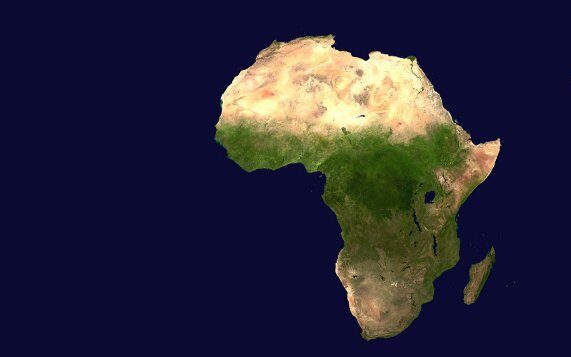Speakers at the sixth annual meeting of the Africa Economic Zones Organisation (AEZO) held in Accra, have reiterated the relevance of Special Economic Zones to the continent’s industrialization journey and the quest to connect Africa through trade.
They unanimously agreed that the effective of the SEZ regimes across the continent would create the much-needed jobs and open up Africa to investments.
The Chief Executive Officer of Ghana’s Free Zones Authority, Dr. Mike Aaron Ocquaye Jnr, highlighting the contribution of the Free Zones Enclave of Ghana to the national economy, said that in the first half of 2021, Free Zone enterprises generated a total exports revenue, as regards its strategic policy of land acquisition and assistance to business, of US$1billion.
He revealed that capital investments by these enterprises also amounted to US$170million so far this year and a total of 30,000 direct jobs.
He also said that Free Zones are being created in many parts of Ghana, including the Greater Kumasi Industrial City in the Ashanti Region and a SEZ project that will be linked to the Boankra Inland Port, and works on a 4000-acre land in Shama in the Western Region.
Fouad Brini, Chairman of Tanger Med and Honorary President of AEZO, in his remarks, indicated that over the past 20 years, Special Economic Zones have been spreading across the continent and presently present in 47 out of the 54 economies of Africa.
Many of these zones, he said, have played a vital and critical role in structural transformations and promoted greater participation in global value chains.
“This year’s edition of the African Economic Outlook has assessed more than 203 economic zones and 73 projects have been announced for completions. The significant growth of economic zones is part of the new wave of industrial policy and a response to the globalization of trade,” he added.
A special economic zone (SEZ) is an area in a country that is subject to different economic regulations than other regions within the same country. The SEZ economic regulations are considered to be conducive to attract foreign direct investment (FDI).
Reports indicate that since its inception, African Economic Zones have given a significant boost to FDI flows by creating an attractive investment condition and supporting job creation. Most of Africa’s Special Economic Zones are found and well developed in 47 of the 54 economies on
the continent with the highest number in Morocco and Nigeria with the likes of Ghana speedily catching up.
Secretary-General of the AfCFTA Secretariat, Wamkele Mene, called for accelerated efforts to integrate special economic zones in the AfCFTA market, revealing that member states have agreed to develop SEZs regulations which will facilitate trade in goods produced under different zones of the continent.
SEZs are also a key actor impacting global value chain (GVC) by attracting investment, improving export performance, creating employment, and generating cluster effects among tenants.
Minister of Information, Kojo Oppong Nkrumah, remarked that SEZs are catalysts to the industrialization agenda of Africa as they play a major role in the economies of African states as tools for economic development.
He said that over the past 25 years, Ghana has reaped the benefit of implementing an EPZ programme through attracting significant foreign direct investments, job creation, value addition to our natural resources and exports.
“Ghana is currently working with the World Bank Group to develop an SEZ policy to position our private sector to take of SEZs within the expanded regional markets under the AfCFTA and other market integration frameworks,” he said.
Mr. Oppong Nkrumah added that trade facilitation plays a critical role in market integration and operationalization of AfCFTA.












